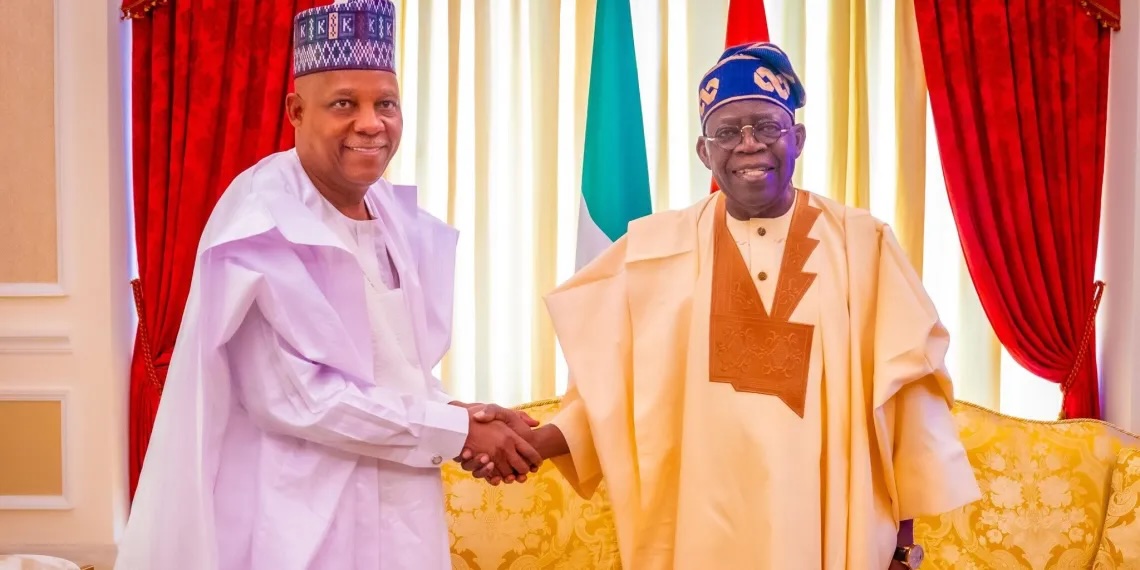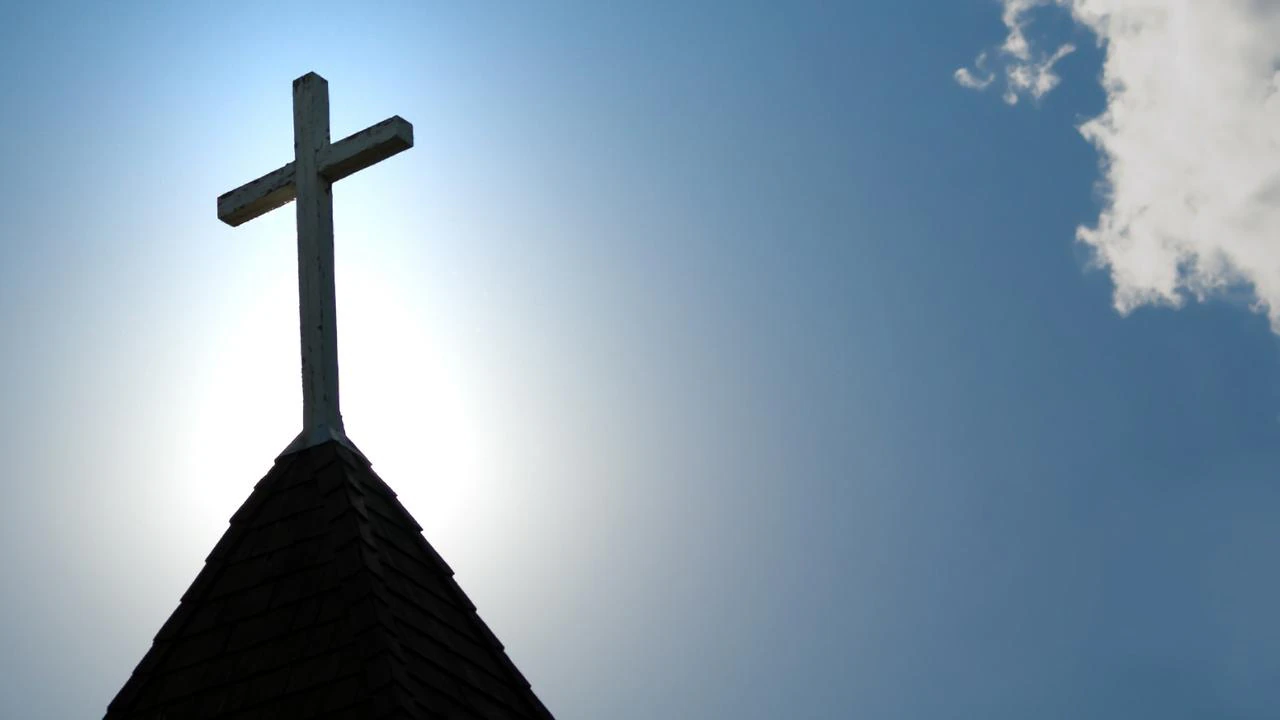The nation is sliding deeper into an insecurity crisis serious enough for the United States to redesignate Nigeria as a Country of Particular Concern (CPC) for religious intolerance and persecution of Christians. The CPC label, in global security terms, is the equivalent of a blacklisting—much like the Grey List is in international finance.
Recent events leave no room for denial. Terrorists and bandits have intensified their attacks since the CPC announcement: the kidnapping of 25 schoolgirls in Kebbi, the killing and abduction of worshippers in Kwara State, and the seizure of 315 school children in Niger all echo past tragedies in Chibok, Owo, and Dapchi.
The execution of Brigadier-General Musa Uba by ISWAP further underscores the audacity of these groups. Nigeria is increasingly resembling the world’s worst security flashpoints—not just Libya, but Haiti, where criminal gangs control much of the country. The federal government cannot allow this trajectory to continue.
The wave of school closures—51 Unity Schools and additional institutions across Kebbi, Niger, and Kwara by the governors of the respective states—mirrors the 2014 and 2018 shutdowns that followed the Chibok and Dapchi abductions. Unfortunately, this reinforces the country’s out-of-school-children crisis, now estimated by UNICEF at more than 10 million, mostly in the insurgency-prone North.
Before delving further into the escalating and dastardly kidnappings of schoolchildren in northern Nigeria—abductions for ransom that have cast a dark pall over the country—let us recall that the Catholic Pontiff, Pope Leo XV, intervened last Sunday. He offered prayers and lent his voice to counter the claim by U.S. President Donald Trump that genocide is taking place in Nigeria.
The Pope also appealed to the criminal elements stealing children and using them as bargaining chips to release them unharmed.Thankfully—while no one is suggesting that the kidnappers, who are effectively agents of evil, are listening to the Pope—some captives were rescued last weekend. This indicates that the insecurity plaguing Nigeria is not beyond solution if greater attention is devoted to addressing violence and religious intolerance, as President Tinubu has begun doing by taking charge and establishing a security situation room, which he personally supervises.
This scenario demonstrates a simple truth: when security is given priority, results follow. Securing lives and property is a core pillar in the APC’s manifesto. Indeed, the Chief of Staff to the President, Femi Gbajabiamila, presided over a major security conference a few months ago, underscoring the administration’s awareness of rising insecurity. Unfortunately, the conference outcomes appear to have remained in abeyance—perhaps because security had not been fully prioritised under tight fiscal constraints.
President Tinubu had recently reshuffled the service chiefs and attended a regional security conference in Rome, Aqaba where he explored collaborative security models. These moves suggest insecurity was being brought to the front burner just before Nigeria was hit with the CPC label.
The new challenges—President Trump’s CPC designation and the increasingly brazen kidnappings and killings of Christians—prove that the administration must now multitask, managing all critical governance indices despite limited resources.
This raises an intriguing question: Should Nigeria and indeed the world establish a dedicated agency to monitor religious persecution and terrorism across the world, serving as an early-warning system similar to the FATF’s monitoring of financial crimes globally?
CPC status and Nigeria’s security crisis
Nigeria can also remove itself from the list of countries where insecurity is rampant and where allegations of religious persecution persist—the same allegations that underpinned President Trump’s October 30 designation of Nigeria as a Country of Particular Concern.
President Trump may have threatened military intervention against Islamist extremists in Nigeria, but diplomacy and lobbying remain powerful tools to remedy the situation. Lobbying is the oil with which yam is eaten, to borrow Chinua Achebe’s famous metaphor.
It must be emphasised that Nigeria is not in the U.S. doghouse, as evidenced by the ongoing visit of Nigeria’s security chiefs, led by National Security Adviser Nuhu Ribadu, to engage American officials and clarify issues. However, going forward, Nigeria must demonstrate seriousness in prosecuting religious extremists.
Apart from CPC, there are also Entities of Particular Concern (EPC) such as: al-Shabaab, Boko Haram, Hayat Tahrir al-Sham, Houthis, ISIS-Sahel, ISIS-West Africa, Jamaat Nasr al-Islam wal Muslimin and Taliban. Significantly, two of the eight EPC groups—Boko Haram and ISIS-West Africa—are the primary sources of Nigeria’s insecurity. ISIS-West Africa is accused of ambushing and executing Brig. Gen. Musa Abu, while Boko Haram has been behind numerous mass kidnappings and church attacks since 2014.
It is to draw attention to Nigeria’s dangerously fragile security situation that the title of this article likens the country to Haiti—to emphasise why Nigeria must avoid descending into similar chaos.
Nigeria and Haiti: A disturbing comparison reports show that Haiti is overrun by gang violence. Armed groups control much of Port-au-Prince. In 2024 alone: (i) Over 5,600 people were killed (ii) nearly 1,500 were kidnapped, (iii) 5.5 million people faced acute food insecurity, including two million in emergency hunger
Does this not mirror Nigeria’s situation, where millions live in Internally Displaced Persons (IDP) camps across the North?
Brazil has also faced a wave of kidnappings for ransom—“express kidnappings”—where victims were forced to withdraw cash or make digital transfers.
Incidentally, Nigeria is currently witnessing similar crimes, even involving rogue police officers who compel motorists to pay bribes via PoS after contrived traffic stops as a recent incident close to the law school at Ozumba Mbadiwe intersection as recent as last week reveals.
To be continued tomorrow.
Onyibe, an entrepreneur, public policy analyst, author, democracy advocate and development strategist wrote from Lagos.






